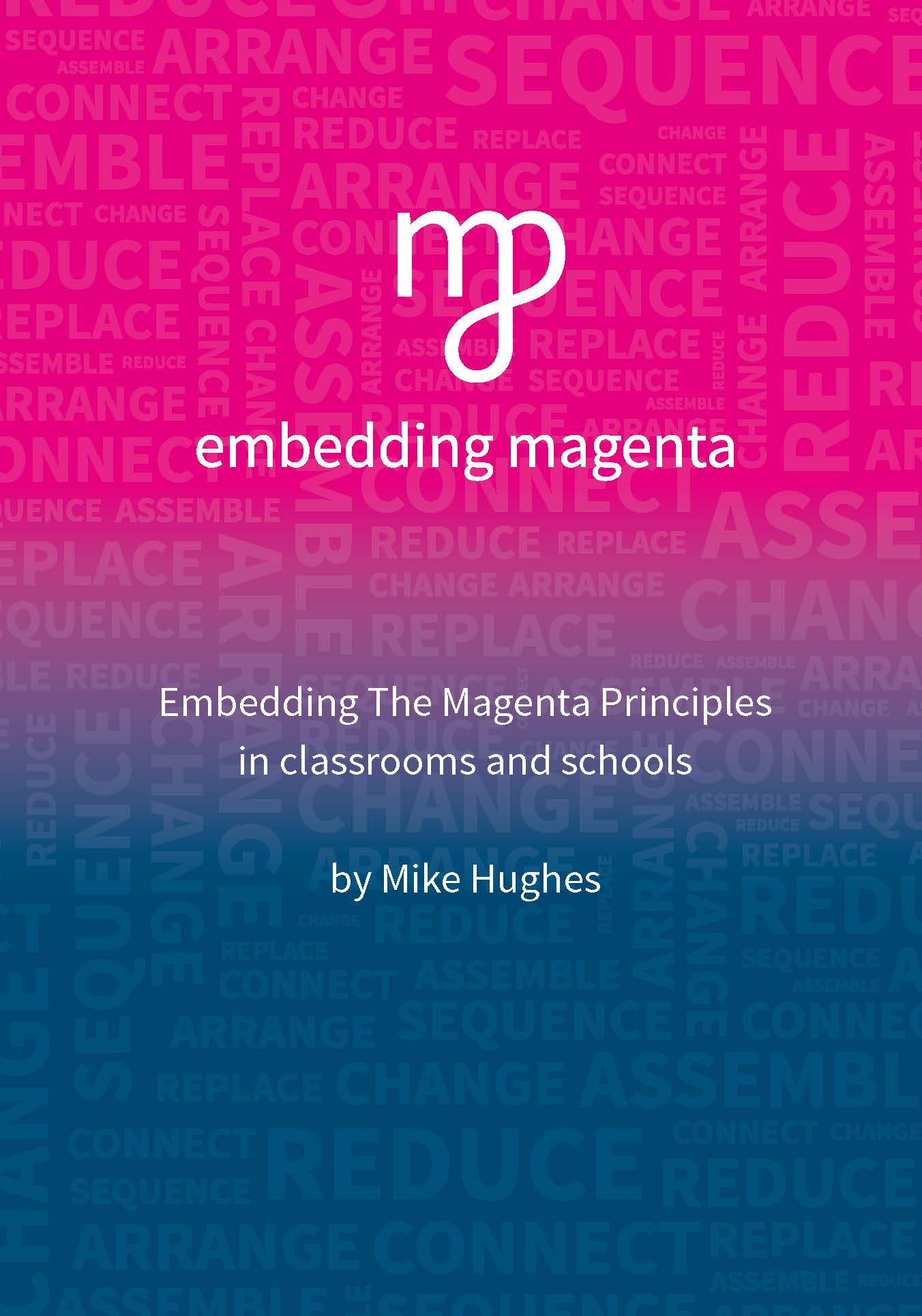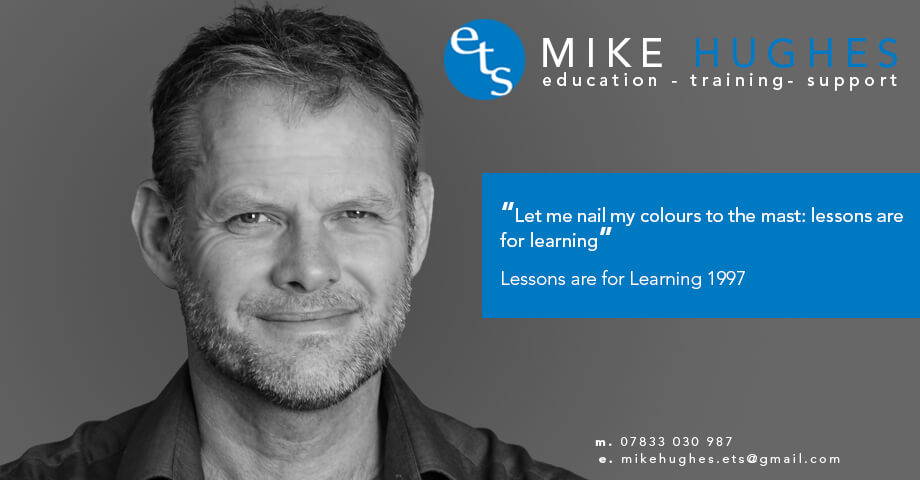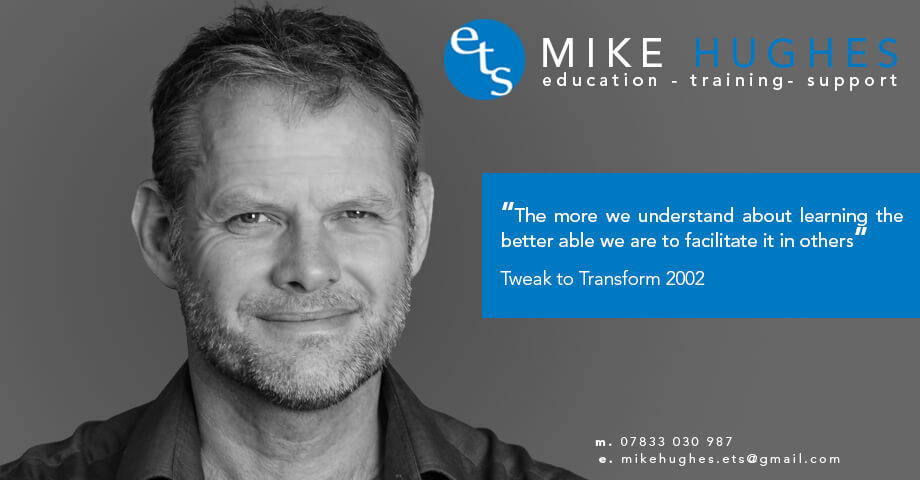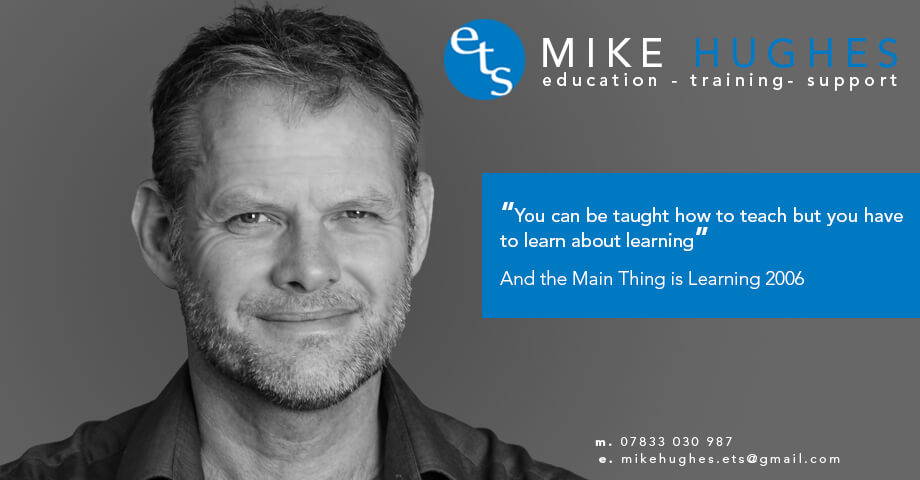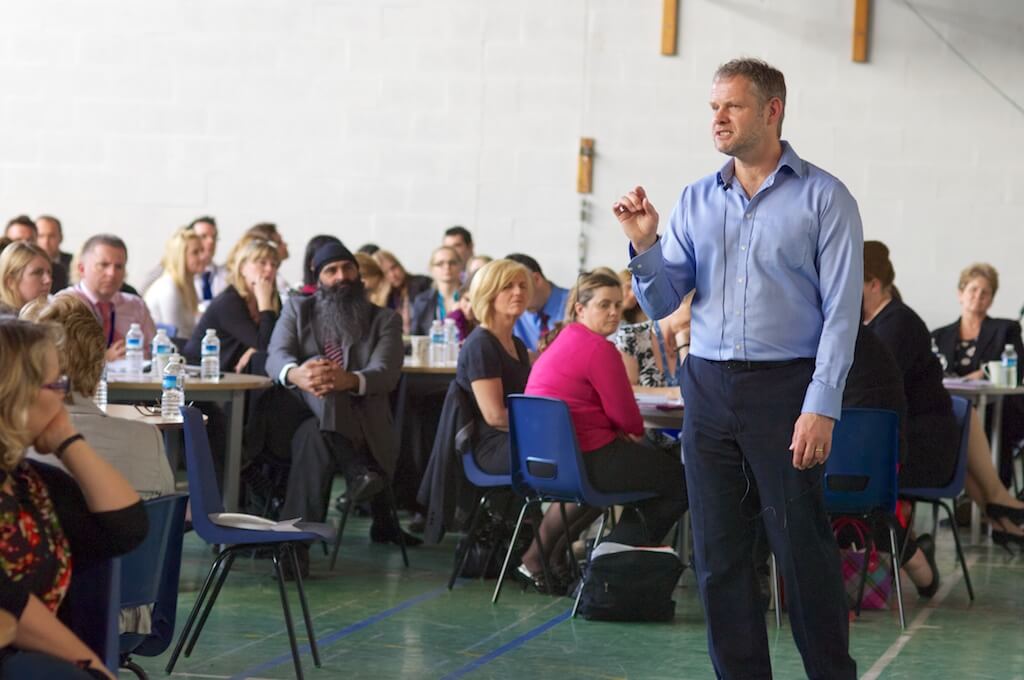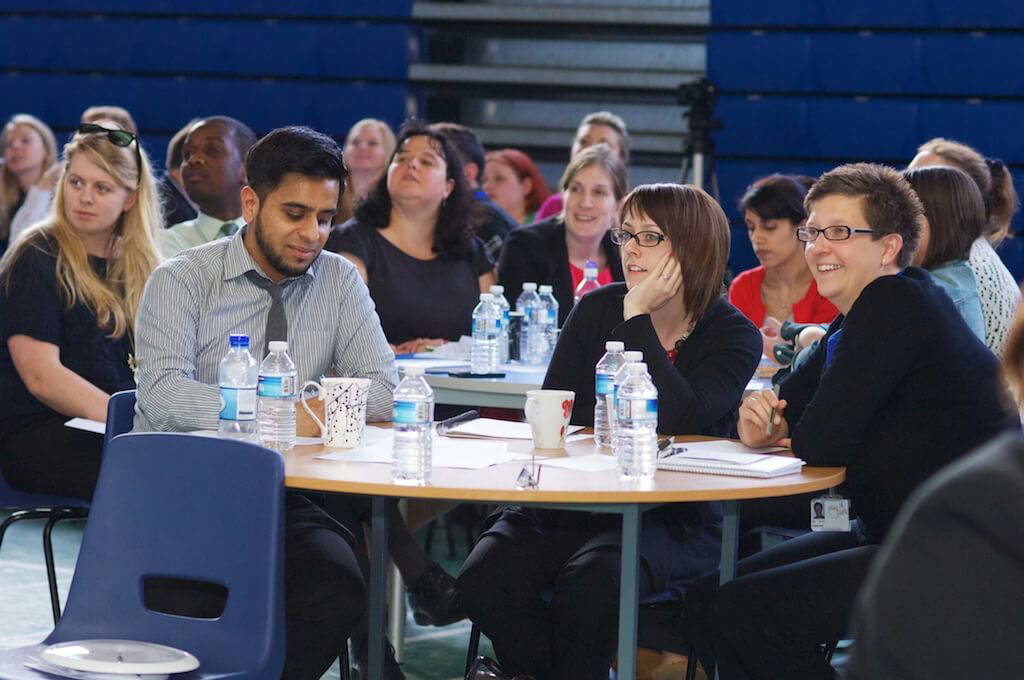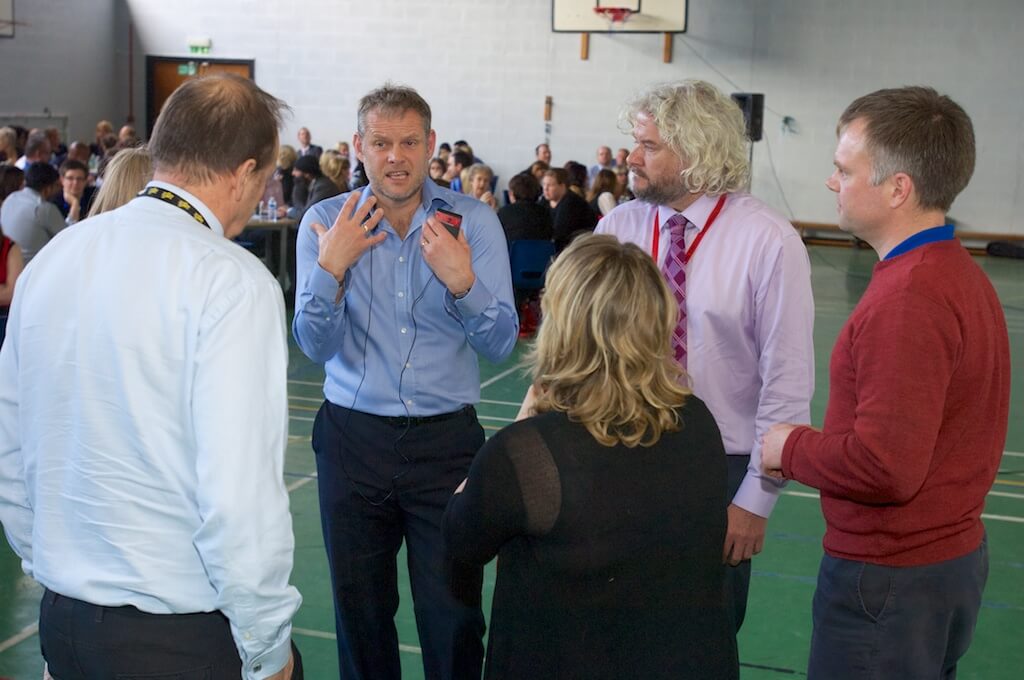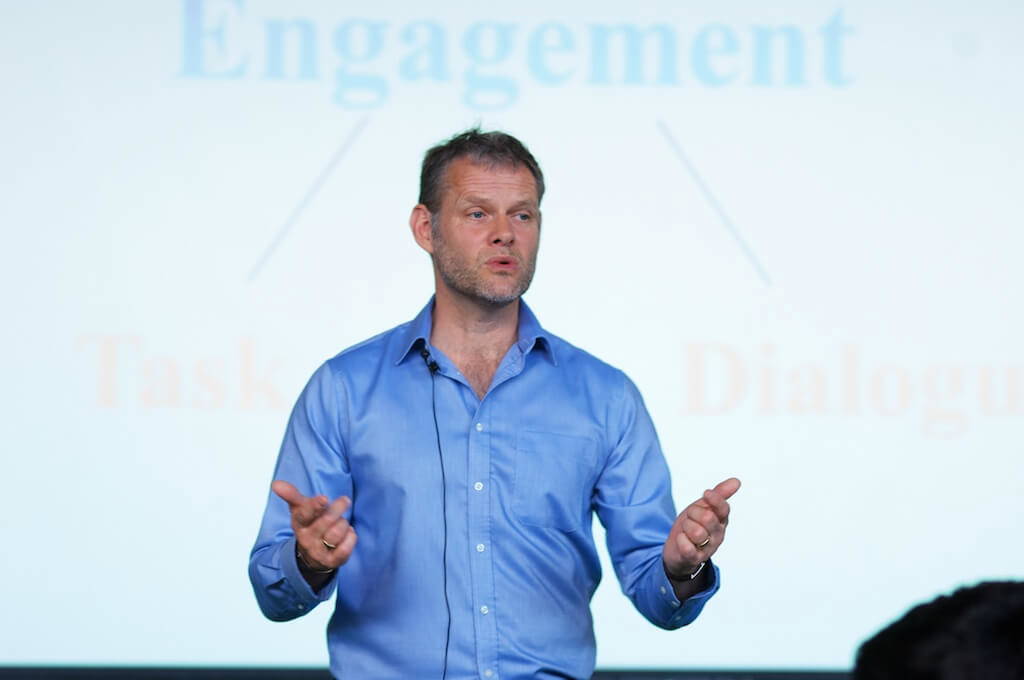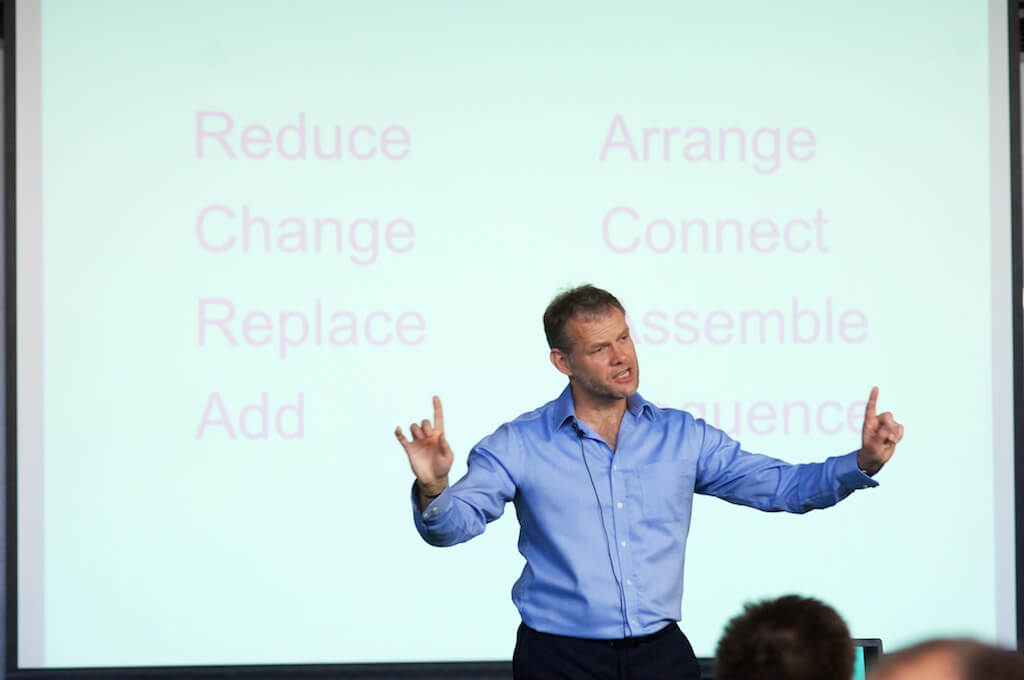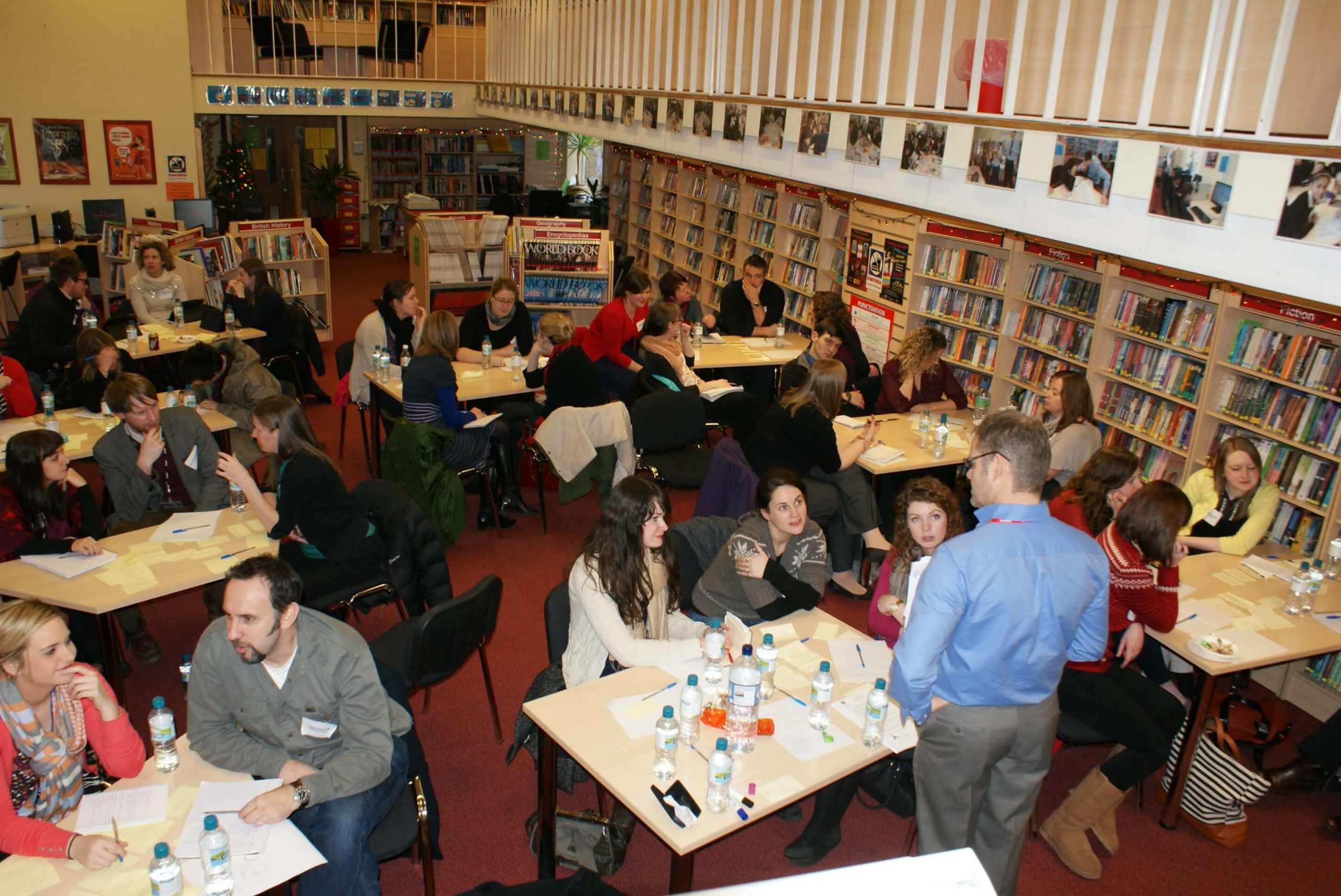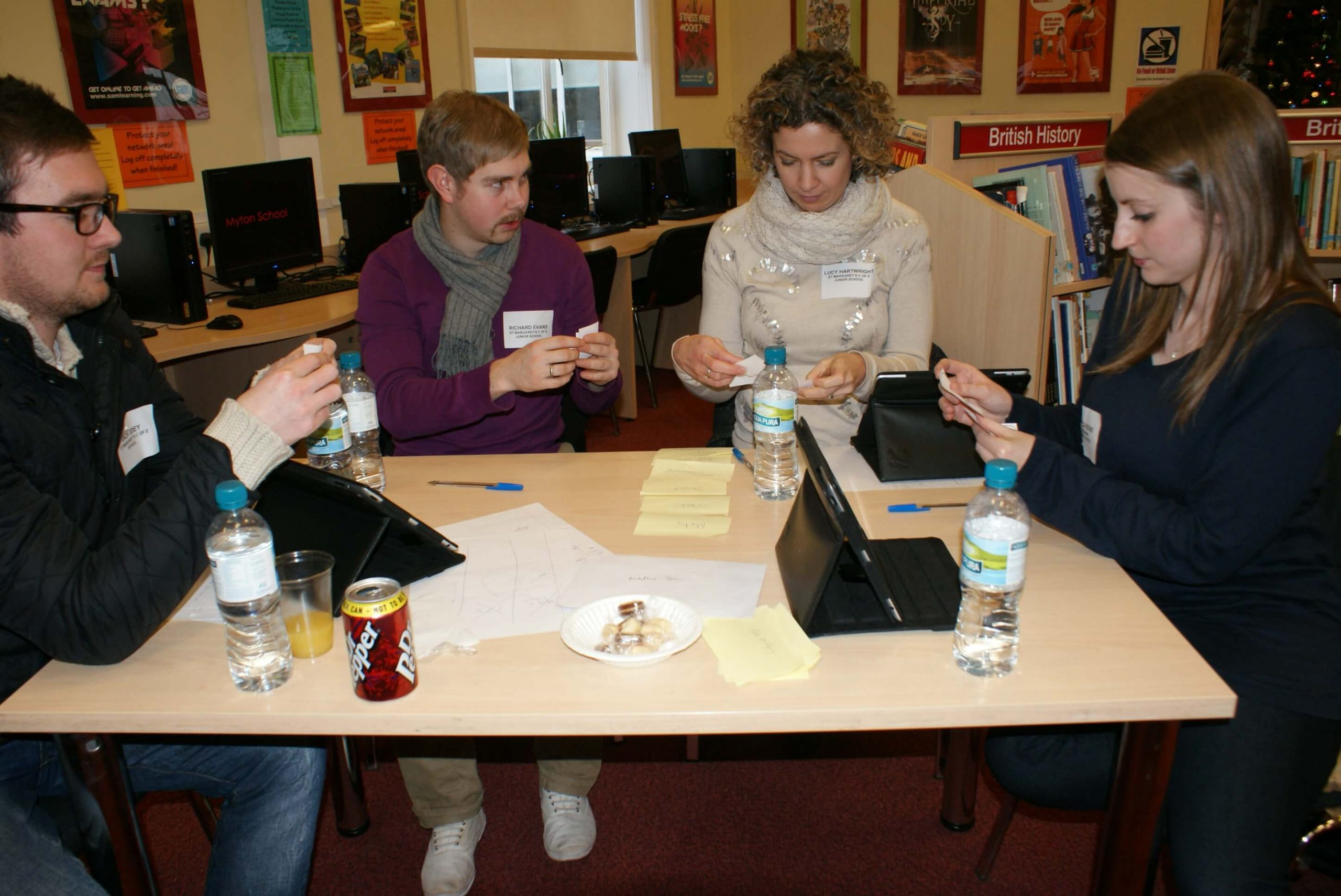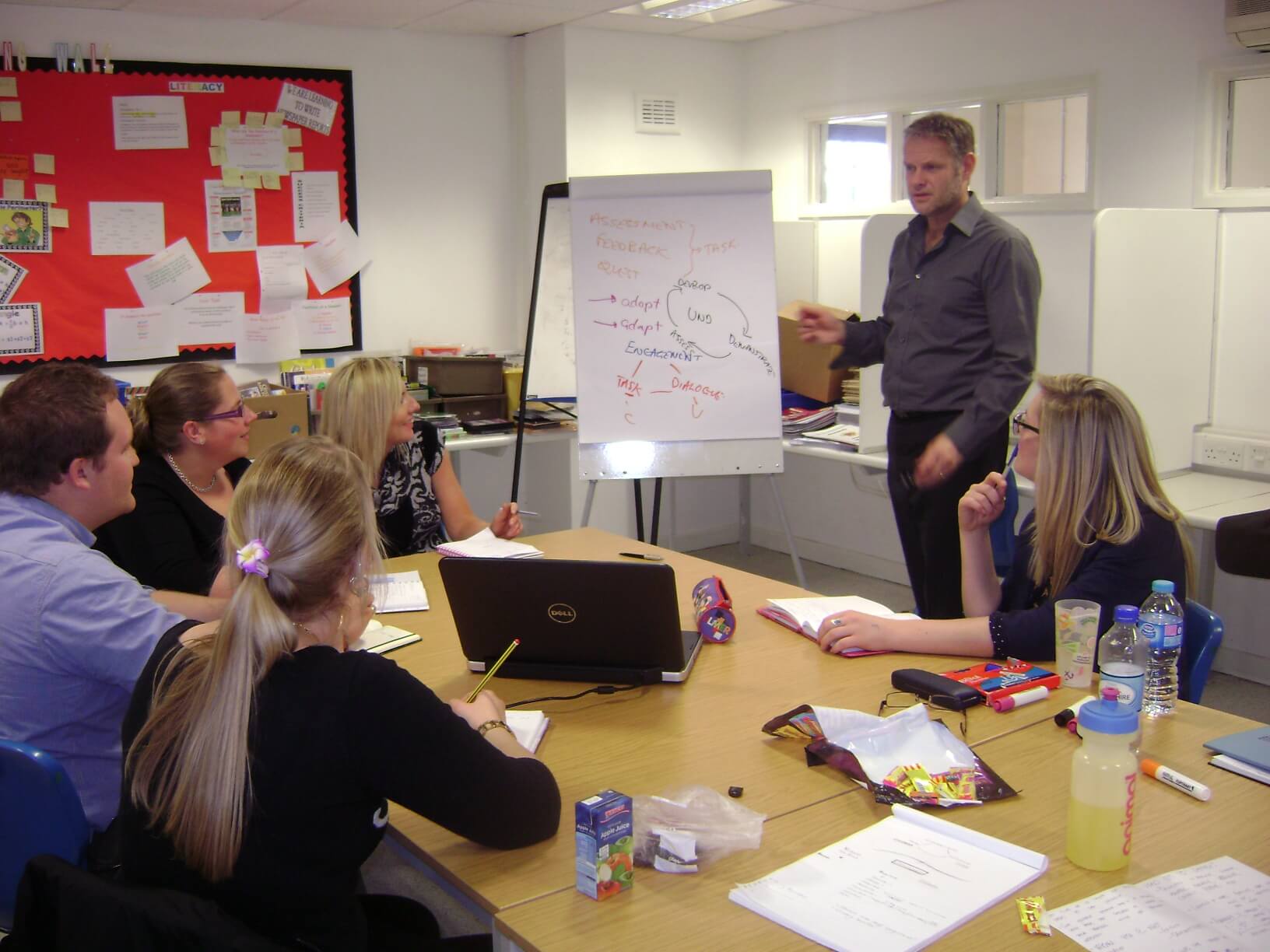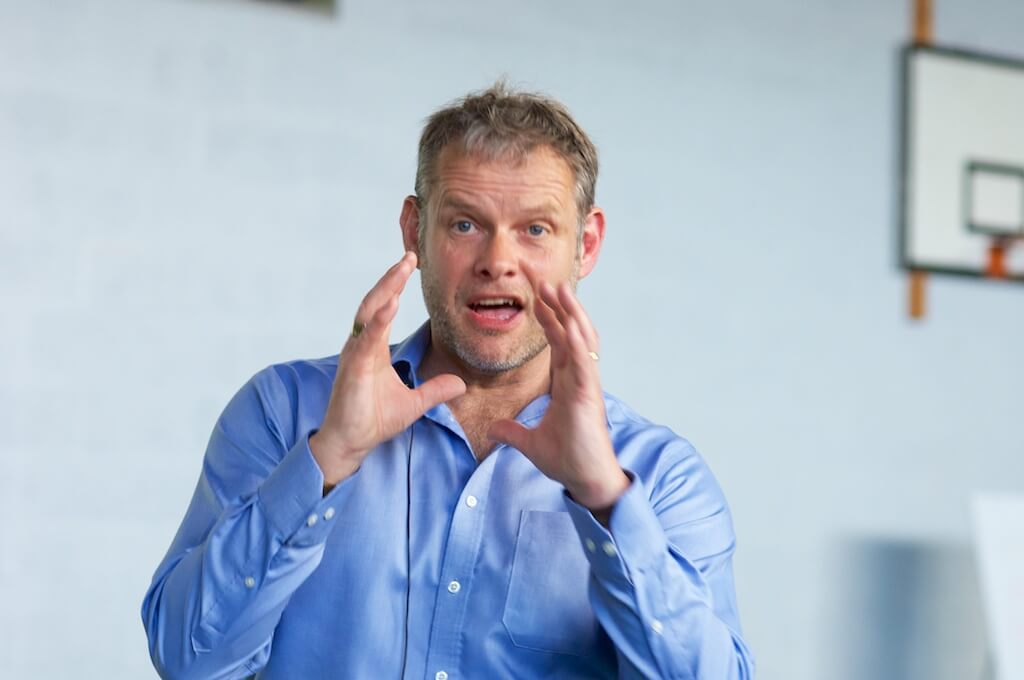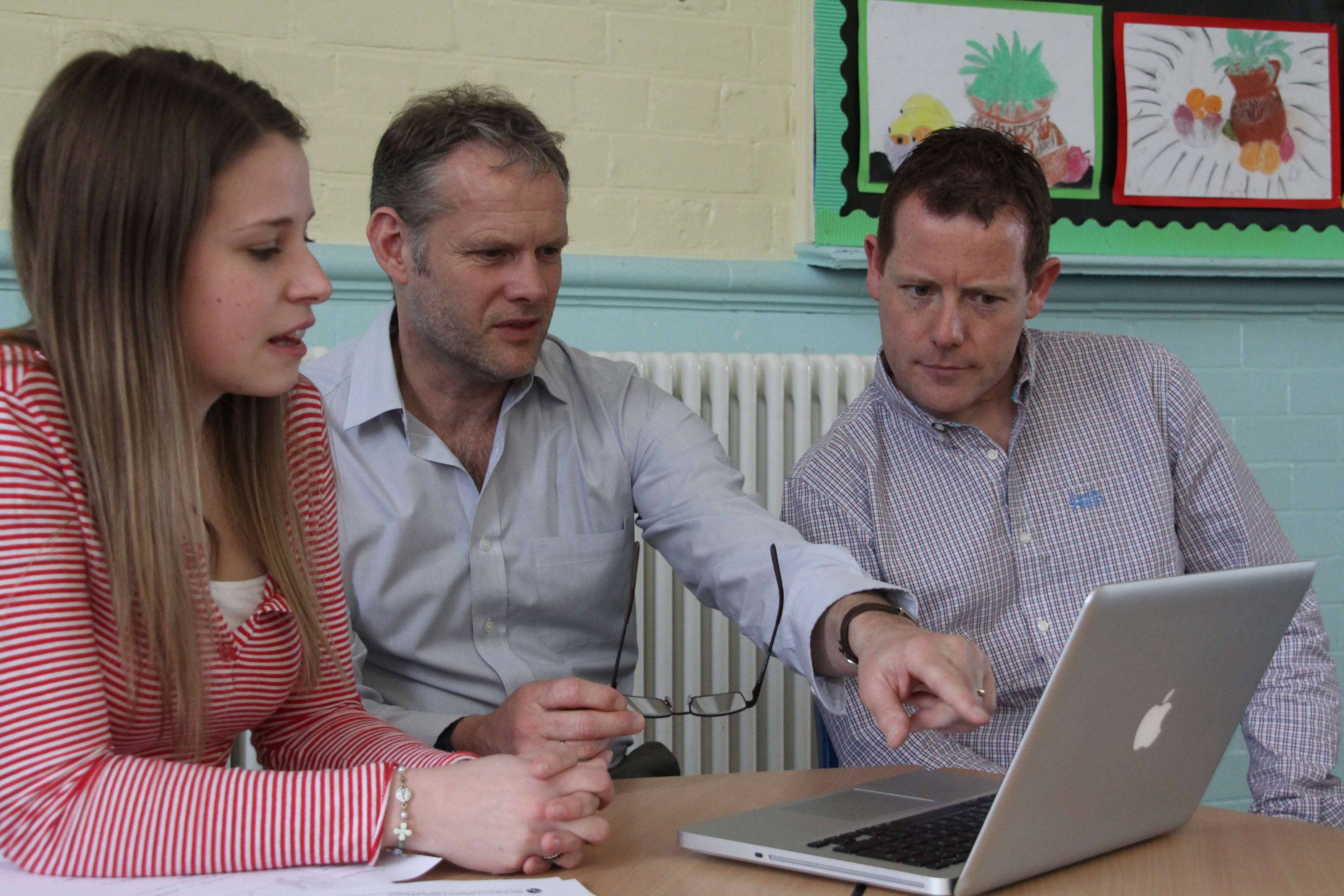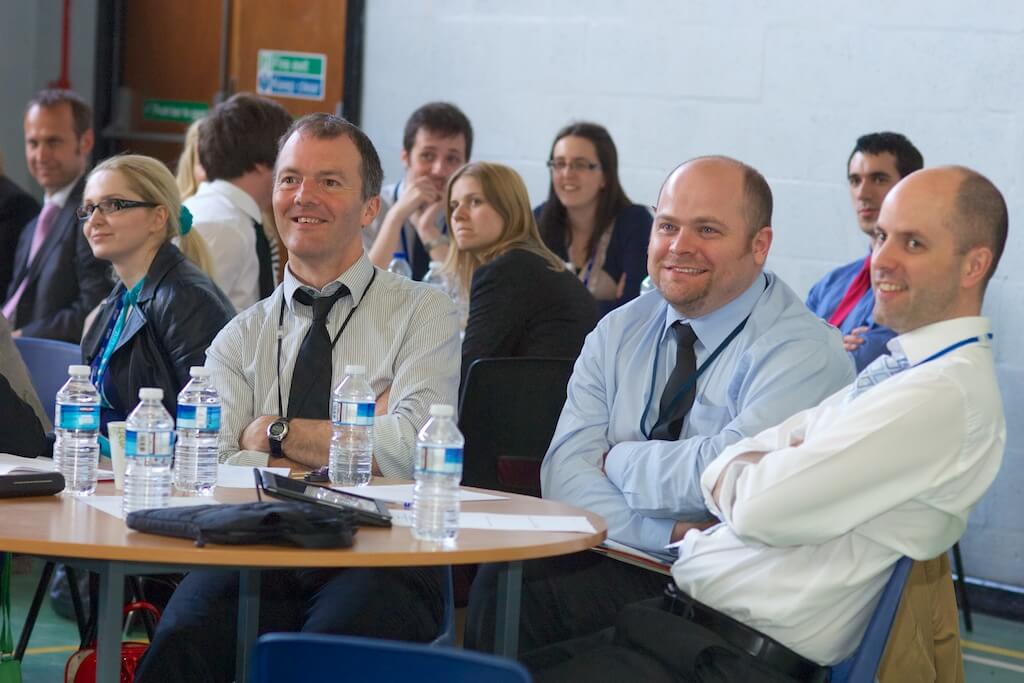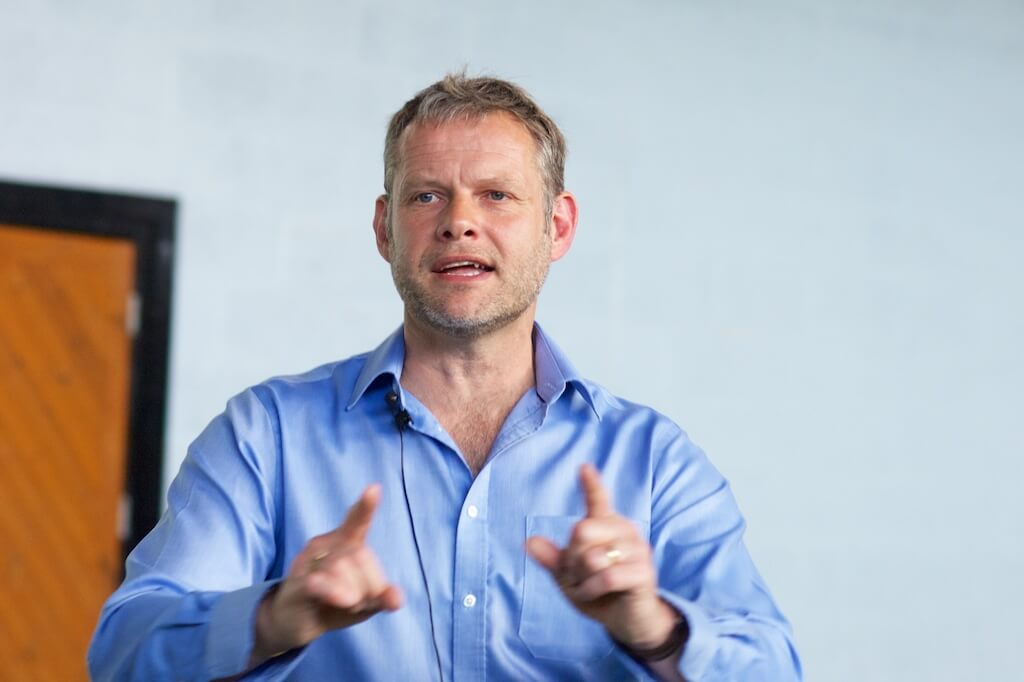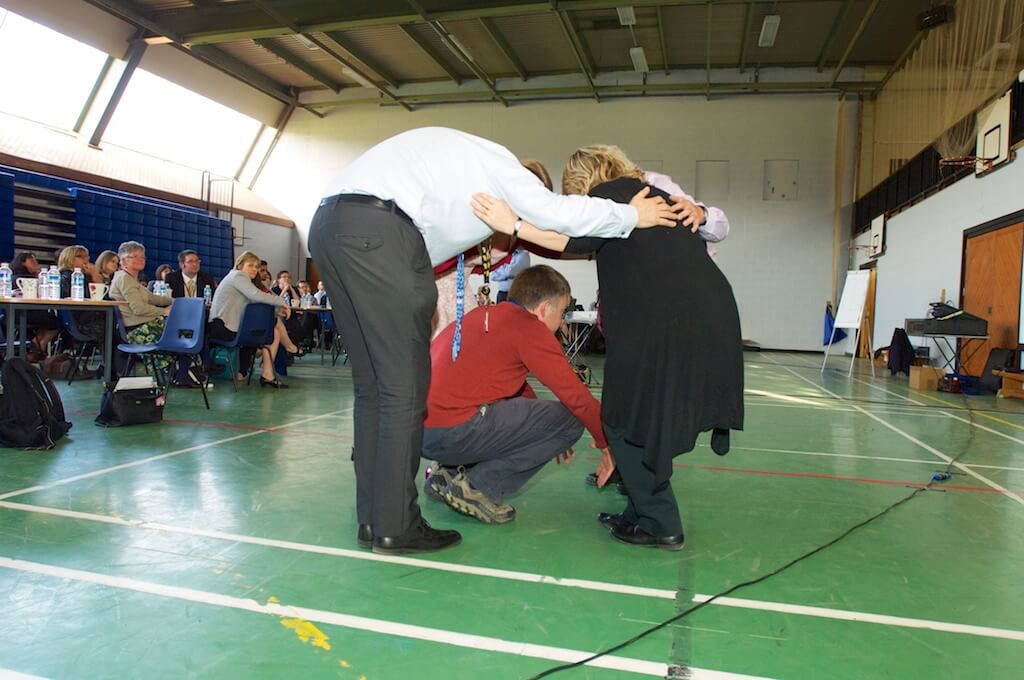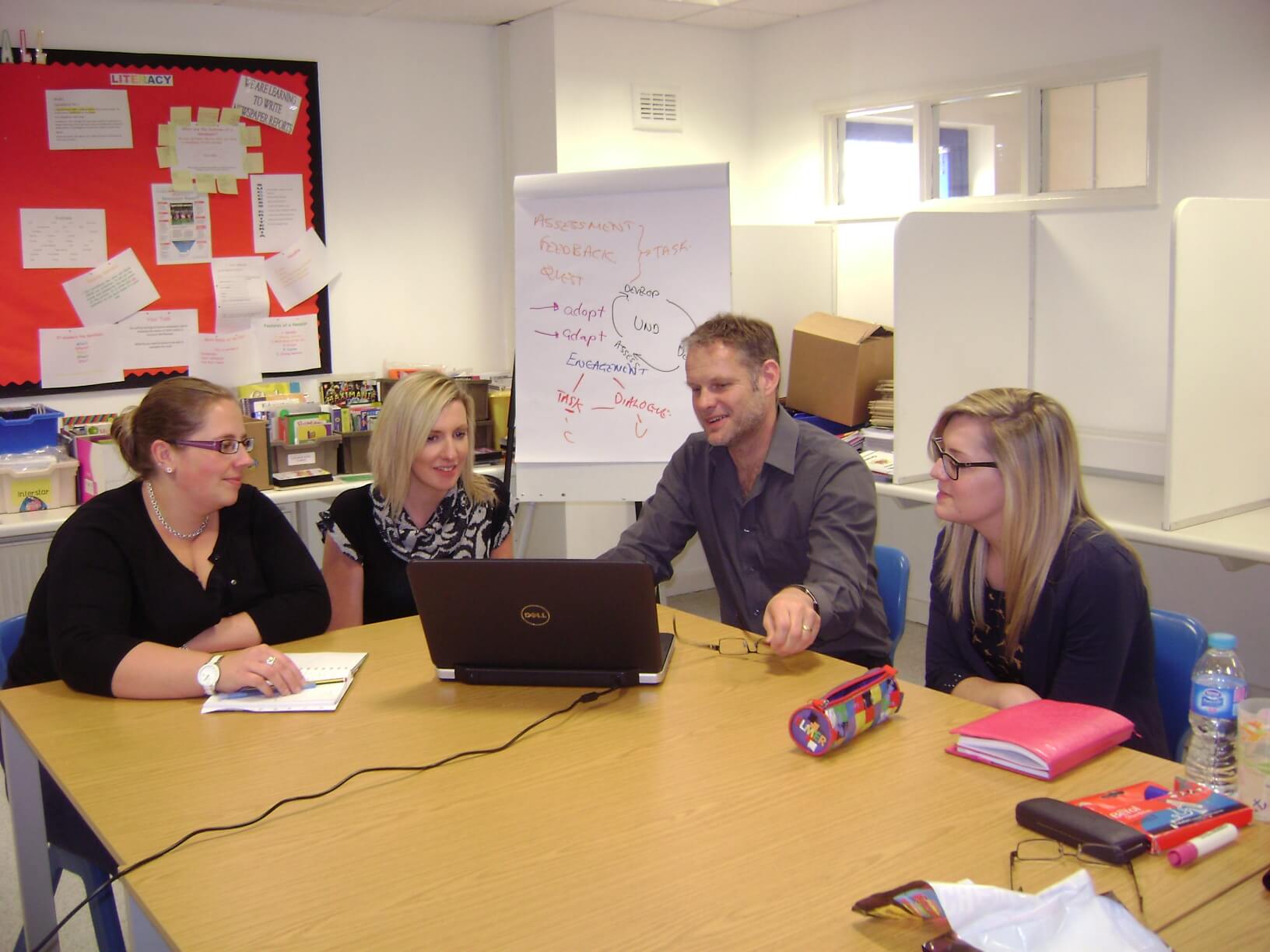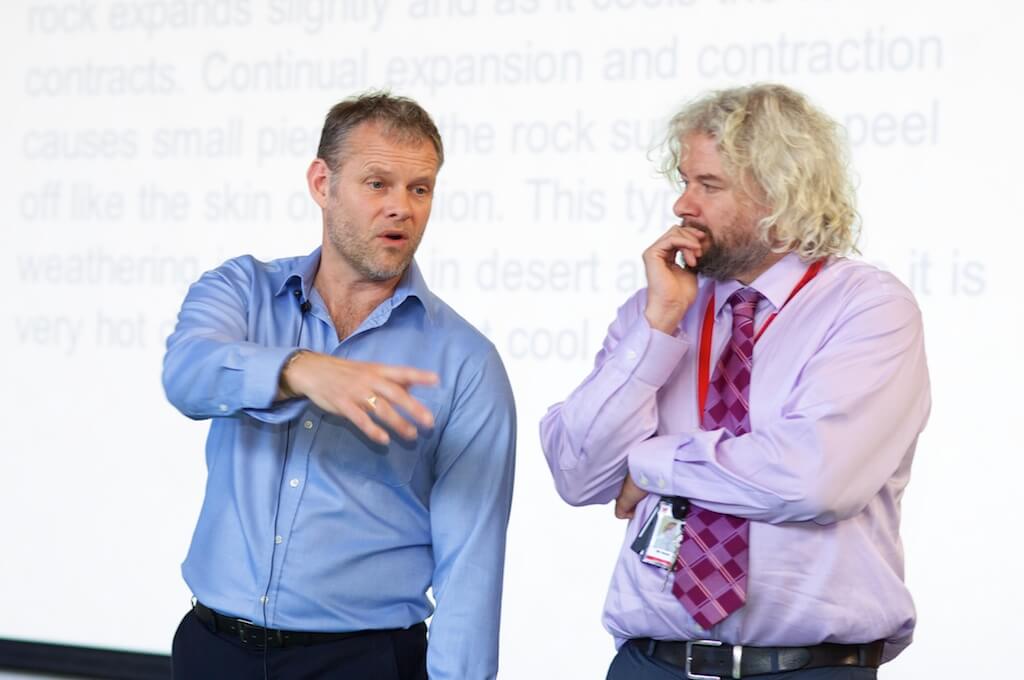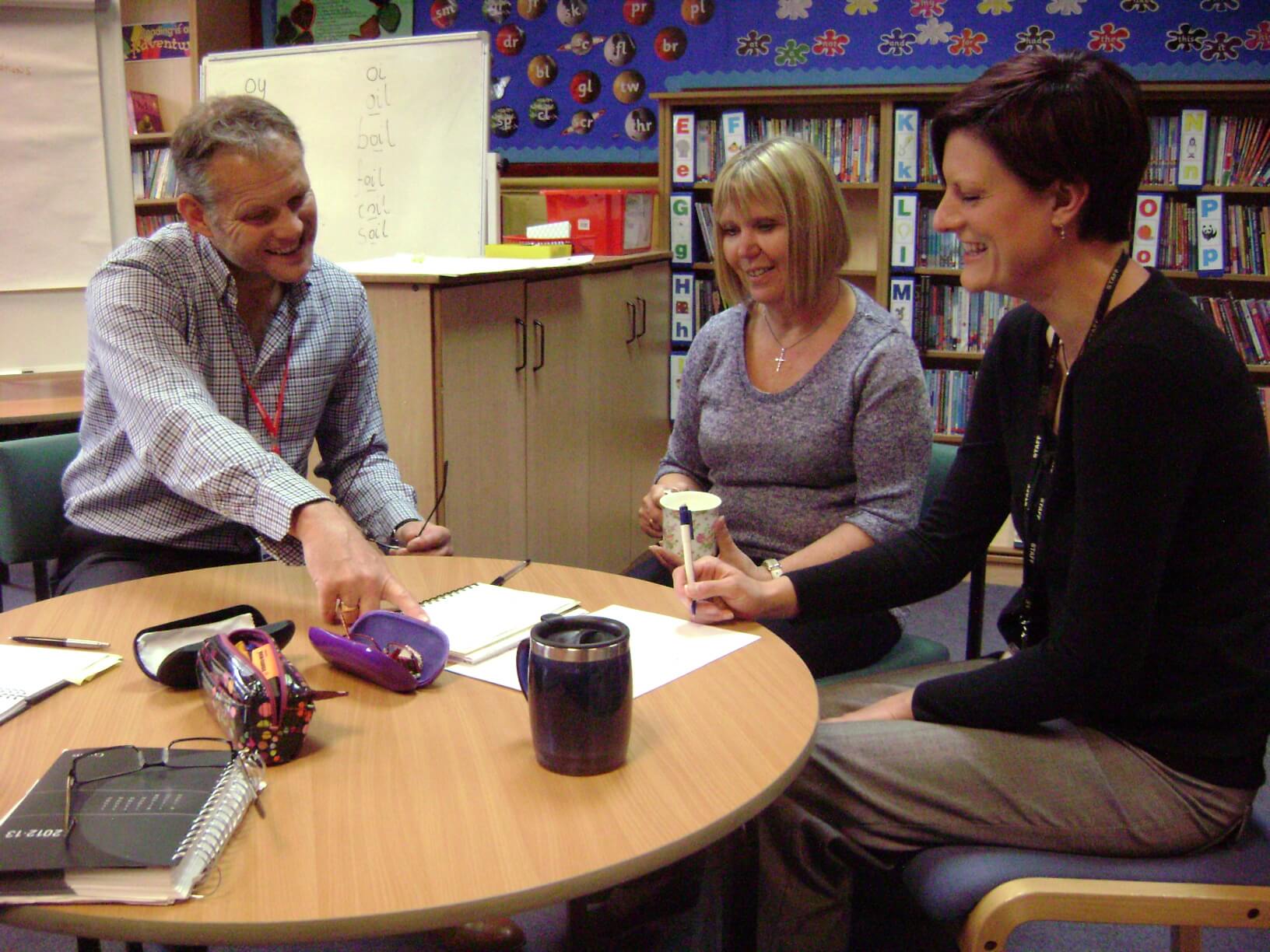Welcome
Mike Hughes is best known as the man behind The Magenta Principles. He first coined the phrase back in 1994 and since then has introduced countless teachers to the approach through both his workshops and Magenta publications.
You can book your place on the 2025-26 online Magenta training programme by contacting Mike direct – details below.
A former secondary headteacher, Mike has, over a great many years, developed a deserved reputation as an inspirational and innovative trainer/facilitator. He is widely regarded as a leader in the field of learning.
For more details and to discuss your bespoke requirements please contact Mike directly on 07833 030987 or at mikehughes.ets@gmail.com
Welcome to Mike Hughes Education Training and Support.
Something went wrong with the twitter. Please check your credentials and twitter username in the twitter settings.
Emba the Elephant
Mike’s new children’s story, available as both a picture book and a children’s musical is available here. It is a story with an important message about inclusion making it ideal for both assemblies and as part of a wider PSHE programme.
The Magenta Principles
“Children should leave a classroom at the end of a lesson knowing, understanding and being able to do more than when they came in.”
Mike Hughes – Lessons are for Learning 1997
Improving teaching and learning
- Getting to good
- Good to outstanding
- Beyond outstanding
- From knowing to understanding
- Focusing on the things that make the difference
Engagement, pace and challenge
- The engagement triangle
- From occupied to engaged
- The importance of task
- The zone of challenge
Consolidating learning
- Metacognitive questioning
- Memory techniques
- Worthwhile and effective plenaries
Developing active, independent learners
- From answering to asking
- Curious children
- Teach less – learn more
Engaging reluctant learners
- Dealing with “I can’t do” attitudes
- Behavior for learning
- The keys to motivation
Quality questioning
- Planning for better questions
- Managing classroom dialogue
- From ping pong to pinball
- The importance of elephants
Developing professional capacity
- Thinking on your feet
- Self-reflective practitioners
Observation for improvement
- Observation tools and templates
- Using video to aid self-reflection
- From feedback to dialogue
- Information Driven Dialogue
General
- Introducing and embedding coaching
- Coaching: Why? What? How?
- The coaching spectrum – where coaching fits
- Coaching and mentoring
- When and when not to coach
Whole school models and approaches
- Developing a coaching culture
- Getting started
- Organising coaching
- Coaching as an integral part of CPD
- Coaching as an ongoing process
Coaching skills
- Structuring a coaching session
- Developing specific coaching skills
- Listening differently
- Coaching language
- Questioning
- Dealing with limiting beliefs
- Working with reluctant colleagues
- Coaching masterclass – advanced coaching skills
Coaching tools and templates
- Observation for coaching
- Observation tools
- Establishing reality
- Information Driven Dialogue
Variations
- Developing professional communities
- Teachers as learners
- Action learning sets
- Coaching and action research
- Coaching and video analysis
- Coaching students
- Developing coaching skills in students
- Coaching as a teaching tool
- Coaching as a pastoral tool

